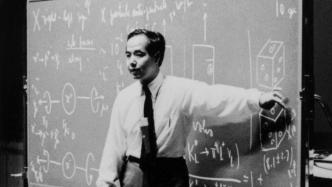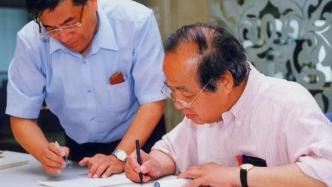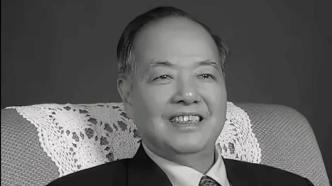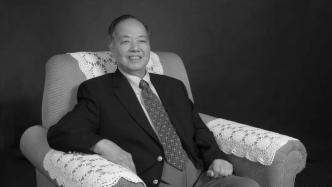
Professor Tsung-Dao Lee, a famous Chinese physicist and Nobel Prize winner in Physics, died at his home in San Francisco, USA at 2:33 a.m. local time on August 4, 2024, at the age of 97.
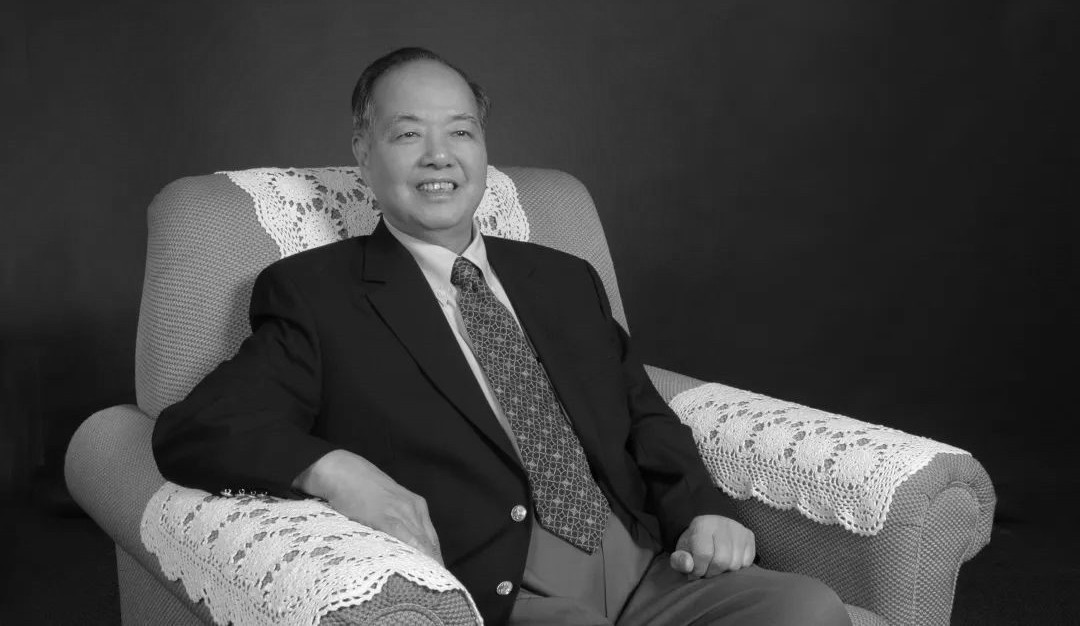
As one of the physics masters who pioneered the history of Chinese people winning the Nobel Prize, Mr. Tsung-Dao Lee was rigorous in his academic career of more than 60 years, and made lasting and clear contributions to the development of physics in many fields such as quantum field theory, elementary particle theory, nuclear physics, statistical mechanics, fluid mechanics, and astrophysics.
From primary school to undergraduate studies, I did not obtain any formal diplomas. The only thing I have is a doctorate degree.
On November 24, 1926, Tsung-Dao Lee was born in Shanghai. He was the third child in his family and loved reading since he was young. He read books in the fields of natural sciences and humanities and social sciences, and he was often immersed in books and forgot about other things. It was because of his diligence and good thinking that Tsung-Dao Lee played a rare legend of not obtaining a formal diploma from elementary school to undergraduate studies, and the only thing he had was a doctoral degree.
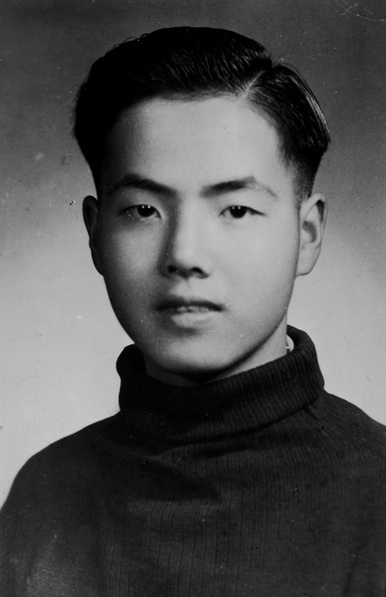
At the age of 16, Li Zhengdao was admitted to Zhejiang University through self-study. He studied under Shu Xingbei, the "Father of Chinese Radar", and Wang Ganchang, the "Two Bombs and One Satellite Hero". The guidance of these two teachers lit up his heart to work hard in physical science.
Due to the war, Tsung-Dao Lee transferred to the Department of Physics at Southwest Associated University . At Southwest Associated University, Wu Dayou, a well-known professor in the field of Chinese physics, provided Tsung-Dao Lee with the best physics education platform.
In 1946, with the recommendation of Wu Dayou, Tsung-Dao Lee was given the opportunity to enter the University of Chicago as a junior student, and studied under Nobel Prize winner and physics master Fermi (E. Fermi). Here, Tsung-Dao Lee's academic research was not limited to a specific subject - quantum field theory, elementary particle theory, nuclear physics, statistical mechanics, fluid mechanics, astrophysics and other directions were covered.
Four years later, Lee received his doctorate from the University of Chicago , and then worked as an assistant researcher in the Department of Astronomy at the University of Chicago, conducting research on turbulence in fluid mechanics, phase transitions in statistical physics, and polarons in condensed matter physics. After that, Lee went to the University of California, Berkeley and the Institute for Advanced Study in Princeton to conduct scientific research.
The first Chinese Nobel Prize winner
Tsung-Dao Lee has long been immersed in the wonderful world of physics, and he claims that physics is his way of life. Among Lee's numerous academic achievements, the law of parity non-conservation is undoubtedly the most well-known one. In 1957, he and Chen-Ning Yang won the crown of physics - the Nobel Prize in Physics - with this law.
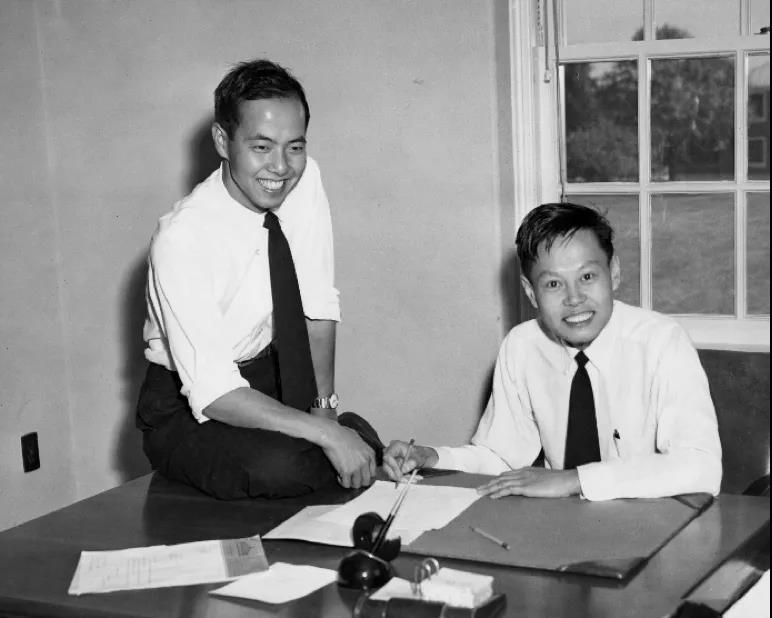
Tsung-Dao Lee and Chen-Ning Yang at Princeton in 1957
On October 31, 1957, the Royal Swedish Academy of Sciences announced that Professor Chen Ning Yang of the Institute for Advanced Study in Princeton and Professor Tsung-Dao Lee of the Department of Physics at Columbia University were awarded the Nobel Prize in Physics that year . The reason for the award was "for their profound research on the law of parity non-conservation (in weak interactions) and the many important discoveries about elementary particles that resulted from it."
It took only 13 months from the official publication of the paper "Questions on the Conservation of Parity in Weak Interactions" by Tsung-Dao Lee and Chen-Ning Yang on October 1, 1956 to the time they were awarded the Nobel Prize for this major theoretical achievement. This set the record for the fastest award in the history of the Nobel Prize, a record that has not been broken to this day.
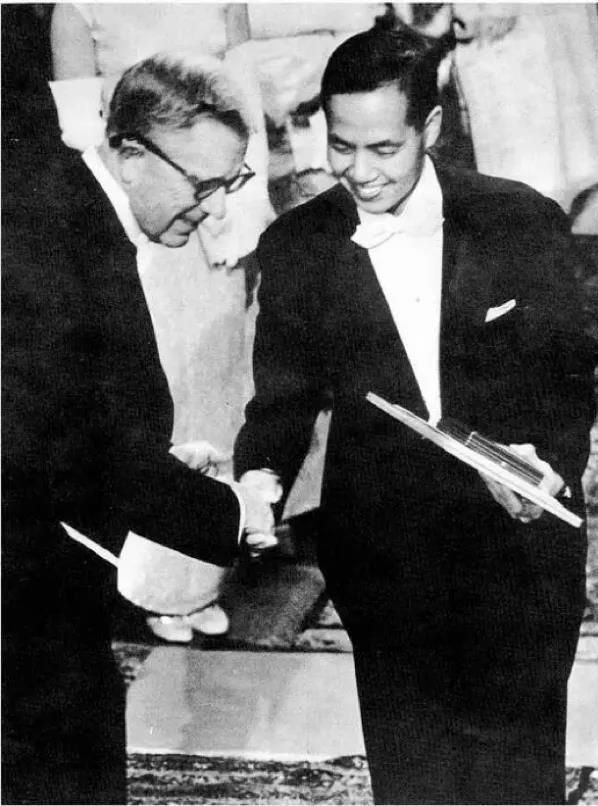
The King of Sweden awarded the Nobel Prize to Tsung-Dao Lee
Caring about the scientific education and talent cultivation of the motherland
Since 1972, Tsung-Dao Lee has returned to China many times to give lectures and offer suggestions. After the reform and opening up, he has spared no effort to promote the progress of China 's scientific education. He has made irreplaceable contributions to China's strategic layout of scientific education, frontier exploration of high-energy physics, cultivation of high-level talents, and international exchanges and cooperation.
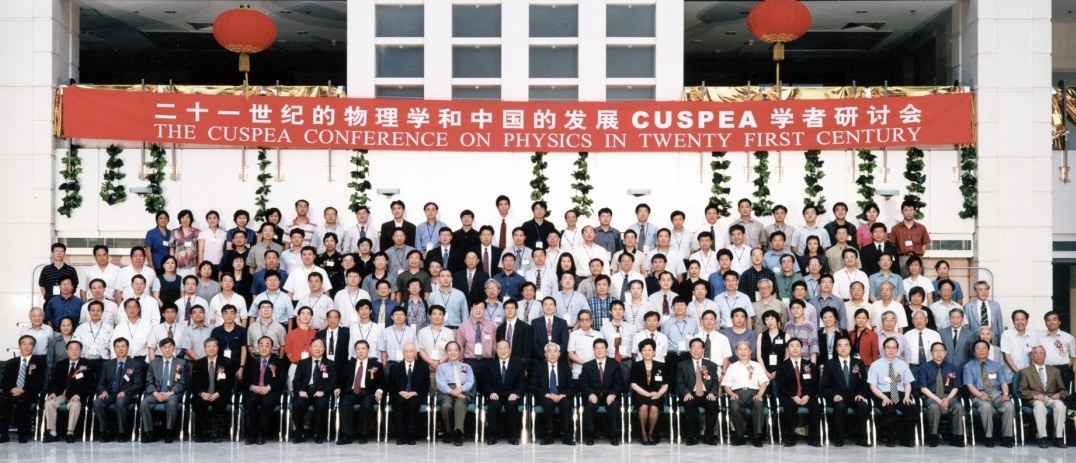
From 1979 to 1989, it initiated and participated in the implementation of the China-U.S. Joint Graduate Education Program in Physics (CUSPEA), selected and recommended 915 people to study in the United States , cultivated a group of leading scholars and pillars of society, and created a new paradigm for the cultivation of high-level talents that China urgently needs.
In 1985, he advocated the establishment of the postdoctoral system and the China Postdoctoral Science Foundation , and continued to build hundreds of thousands of new forces for China's scientific and technological innovation.
In 1998, the Qin Hui-yi and Tsung-Dao Lee Chinese Undergraduate Internship and Further Education Fund was established to select and cultivate thousands of reserve talents in basic science in my country, and it has become an important vehicle for cultivating innovative talents in my country.
It advocated the establishment of a joint committee mechanism for China-US high-energy physics cooperation and the construction of China's first high-energy accelerator , the Beijing Electron-Positron Collider (BEPC), and facilitated the development of the Beijing Spectrometer (BES) and Daya Bay Neutrino Experiment international collaboration groups, providing overall guidance and dedicated assistance for China to achieve a series of breakthrough results at the forefront of world high-energy physics.
It advocated the establishment of the Beijing Center for Modern Physics, the China Center for Advanced Science and Technology, the Zhejiang Center for Modern Physics, the Peking University Center for High Energy Physics, etc., to advance cutting-edge scientific research, promote international exchanges and cooperation and the growth of young scholars, and strived for policy support for the construction of an open teaching and research base and an environment for educating and gathering talents.
"To study physics is to enjoy life, why bother with fame?" Mr. Tsung-Dao Lee had a heart connected to the universe and a heart connected to China. He wrote an immortal legend with his nearly 100-year life in physics. We pay tribute to his memory!
